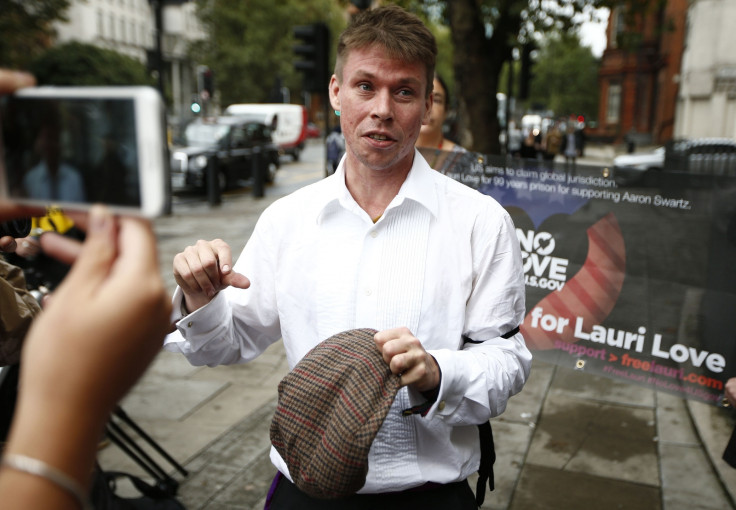British hacker Lauri Love escapes extradition to US over FBI and Nasa breach
Lauri Love faced 99 years in prison if found guilty in the United States.
A 33-year-old hacker who was alleged to have stolen data from the FBI and Nasa has won his appeal against extradition in the High Court.
The United States has been desperately trying to get the UK to hand over Lauri Love following allegations he led a series of online attacks in 2012 and 2013. Love is alleged to have also targeted the Federal Reserve, Missile Defence Agency and US Army.
Love allegedly stole phone numbers, credit card details, passwords and employee information. Westminster Magistrates' Court ruled in 2016 that Love could legally be extradited, but two judges have on Monday (5 February) overruled the decision.
Love suffers from Asperger syndrome and his legal team argued that if exposed to the US prison system, he would likely commit suicide. If Love had been tried in the US he would have faced 99 years in prison.
He can still be tried in the UK for his crimes. "We emphasise however that it would not be oppressive to prosecute Mr Love in England for the offences alleged against him," Lord Chief Justice Lord Burnett and Mr Justice Ouseley said in their ruling, according to the Mirror.
WikiLeaks founder Julian Assange has tweeted his support for Love and says extradition would be "oppressive".
Full judgment in successful @LauriLove High Court case today. Extradition to US would be oppressive. https://t.co/oDZzxzakvp
— Julian Assange ⌛ (@JulianAssange) February 5, 2018
Love's father, Reverend Alexander Love, was in tears as the verdict was read. "It's vindication," he said, according to the Mirror. "My view is Britain is a great country, and we call it Great Britain because it is a great place to live.
"We are just glad that it's happened. And it means, in a funny sort of way, Theresa May should be glad. Her legacy is intact. We previously had been optimistic in the previous court, and that was destroyed."
US representative Peter Caldwell argued that due diligence in reference to Love's mental health had already been taken into consideration in the original case.
Love lives in Suffolk with his parents. His father said that Love had "feared for his life" as he faced being sent to a US prison.





















